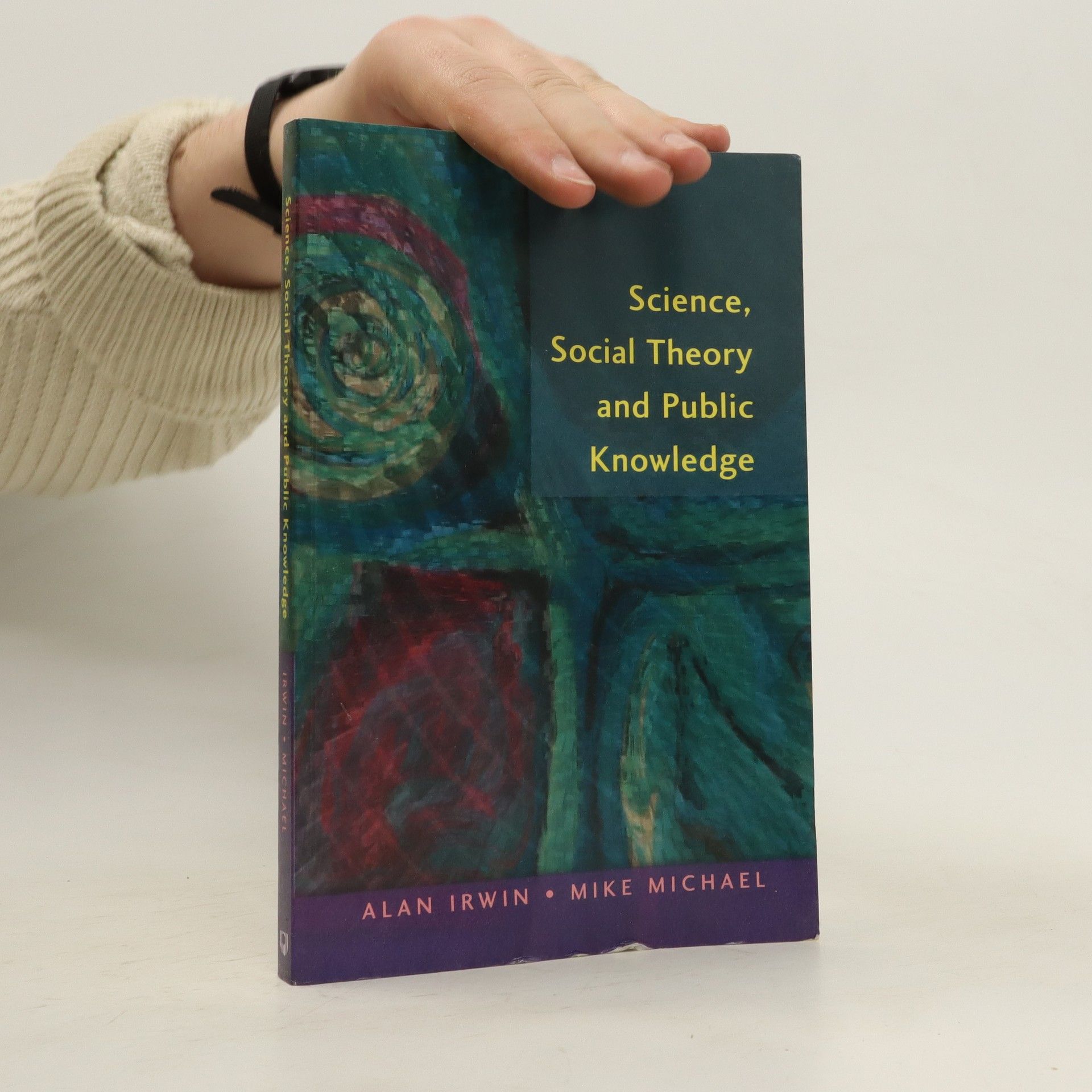Focusing on the concept of exploring the unknown, this book delves into methodologies for researching future possibilities in social contexts. It emphasizes developing an empirical and analytical approach to speculate on emerging trends and prospective scenarios in social life. The content encourages researchers to engage with the not-yet-explored, fostering a deeper understanding of social dynamics and potential developments.
Mike Michael Knihy


Science, social theory and public knowledge
- 192 stránek
- 7 hodin čtení
This topical and unique book draws together the three key perspectives on science-society public understanding of science, scientific and public governance, and social theory. The book presents a series of case studies (including the debates on genetically modified foods and the AIDS movement in the USA) to discuss critically the ways in which social theorists, social scientists, and science policy makers deal with science-society relations.‘Science' and 'society' combine in many complex ways. Concepts such as citizenship, expertise, governance, democracy and the public need to be re-thought in the context of contemporary concerns with globalization and hybridity. A radical new approach is developed and the notion of ethno-epistemic assemblage is used to articulate a new series of questions for the theorization, empirical study and politics of science-society relations.